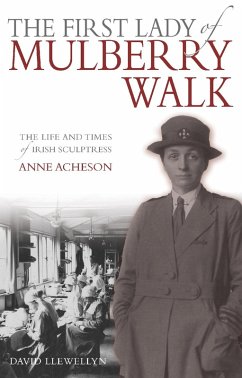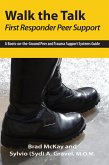Anne Acheson was a sensitive, caring and extremely talented sculptress, whose gift to the world at large has remained unacknowledged for almost a century. During voluntary work in the First World War, she applied her artistic skills to invent the first anatomically accurate splints, which helped the injured Tommies' limbs heal better. Towards the end of that particular global conflict Anne was largely responsible for the widespread use throughout Europe of Plaster of Paris. This medium was preferable to papier-mache, which the splints were originally constructed from. After this work with her pioneering team at the Surgical Requisites Association (headquarters Number 17 Mulberry Walk in Chelsea), Anne retrained as a precision engineer and draughtswoman in order to do voluntary work during the Second World War (she also worked for the Red Cross during this time). Her eye-witness accounts of the Blitz in London are particularly vivid, capturing the much-talked of 'Spirit of the Blitz'. Either side of each of the global conflicts, she pursued her chosen career in sculpting, becoming very popular and successful during the 1920s and 1930s. She was one of the first women to be elected to the Royal Society of British Sculptors, before becoming the organisation's first female Fellow. She was appointed CBE in 1919 for her work with the SRA at Mulberry Walk, and her bust of the female explorer and Arabist, Gertrude Bell, is in the National Museum in Baghdad - presently stored in a basement for safekeeping - while a replica stands in the entrance to the Royal Geographical Society in Kensington Gore.
Dieser Download kann aus rechtlichen Gründen nur mit Rechnungsadresse in A, B, BG, CY, CZ, D, DK, EW, E, FIN, F, GR, HR, H, IRL, I, LT, L, LR, M, NL, PL, P, R, S, SLO, SK ausgeliefert werden.









